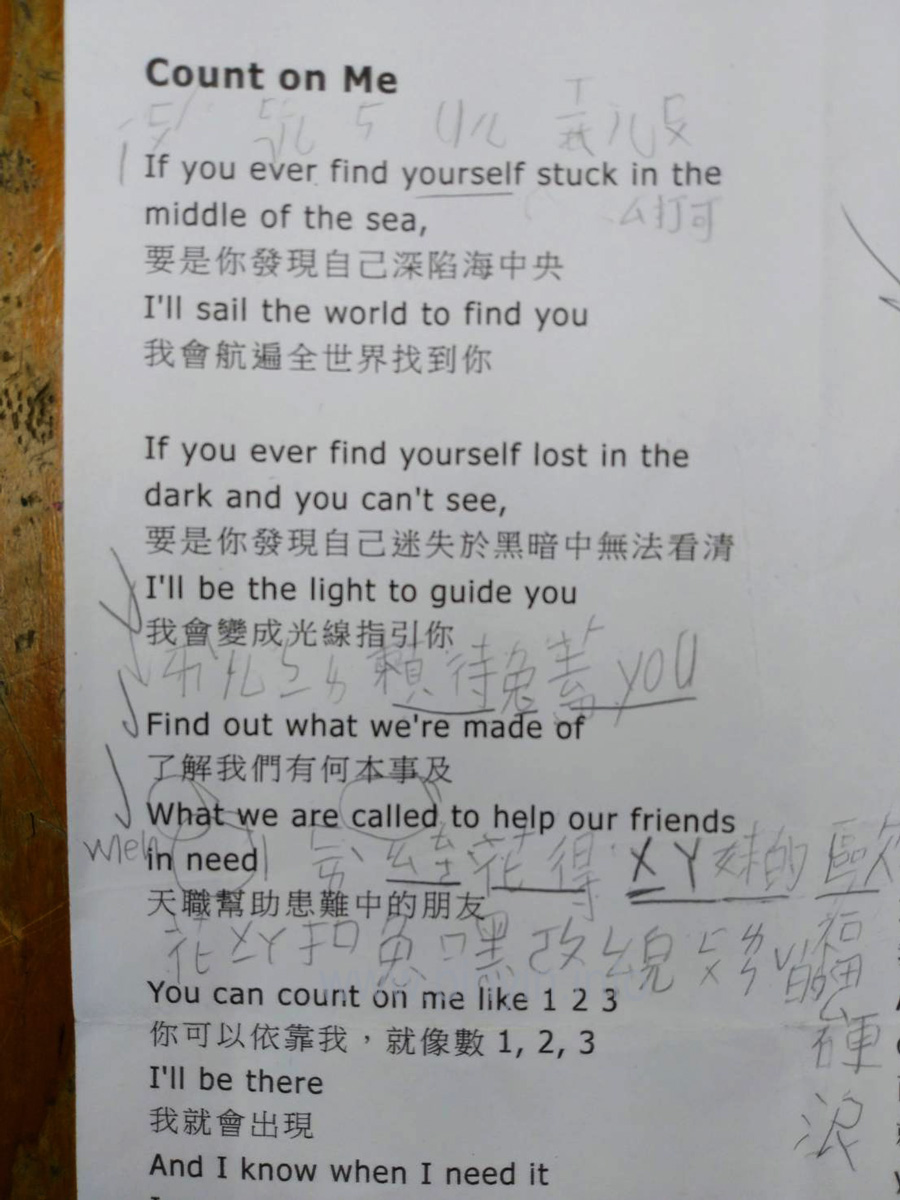Greece without the Greek alphabet
Heaven forbid!
"When Greece Was About to Swap the Greek Alphabet for Latin", Philip Chrysopoulos, Greek Reporter (1/17/25)
It seems unthinkable.
In the mid 1970s when Prime Minister Konstantinos Karamanlis proposed changing the Greek alphabet to Latin and making the Greek language phonetic, the minister of culture and a Parliament member threatened to resign.
I don't know why anyone would say the Greek alphabet is not phonetic. In general, its letters correspond to consistent sounds, making pronunciation of its words relatively predictable. Both in Ancient Greek and in Modern Greek, most letters of the alphabet have a stable symbol-to-sound relationship.
The unusual idea of the conservative PM came as a shock to those who learned of his proposal. It was quite unexpected coming from him.
Read the rest of this entry »
